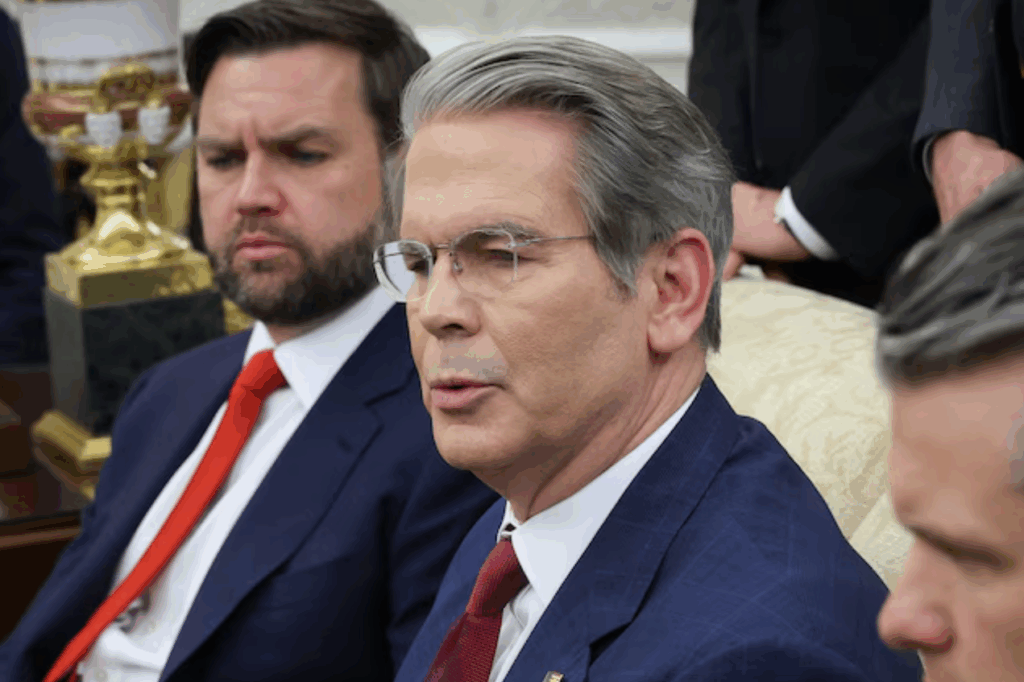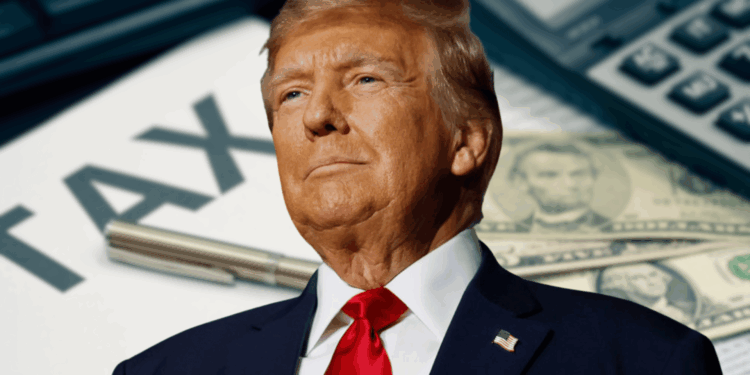- Trump’s team is floating a 40% tax rate on millionaires—marking a surprising break from GOP norms.
- The proposal aims to fund middle-class tax cuts and shift the GOP’s image away from “the party of the rich.”
- While Republicans are split and Democrats skeptical, the debate signals a growing focus on economic fairness across party lines.
In a move that pretty much no one saw coming, President Trump’s team is tossing around the idea of raising taxes on Americans making over $1 million a year. Yep—raising, not cutting. And not just a small bump either. Word is, they’re considering a new top bracket at 40%, up from the current 37%.
It’s a sharp left turn from classic Republican playbooks, and yeah, it’s got folks across D.C. doing double-takes.
Wait, Trump Wants to Tax the Rich?
Apparently so. According to multiple insiders, Trump’s aides think this could do two things: cover the cost of tax breaks elsewhere (like nixing taxes on overtime, tips, and seniors’ Social Security), and soften the GOP’s image as being only for the wealthy.
One adviser put it pretty bluntly: “If we renew tax cuts for the rich paid for by throwing people off Medicaid, we’re gonna get slaughtered.” Not exactly subtle—but maybe that’s the point.
And this isn’t just chatter. Vice President J.D. Vance, Budget Director Russell Vought, even Steve Bannon, are reportedly on board. Bannon’s been pushing Trump to throw a curveball, arguing it would shatter the left’s “party of the rich” narrative. “Politically, it’s game, set, match,” he said. Not shy about it, is he?
The Bigger Picture: Inequality’s No Longer Just Talk
This pitch comes at a time when wealth inequality is, well, off the charts. The top 1% of households now hold about a third of all U.S. wealth. The bottom half? Barely a slice. So it’s not surprising Trump’s team wants to show they’re paying attention—at least visually.
Polls suggest even Republican voters are warming up to the idea of taxing the ultra-rich. But experts are quick to note that taxing income might barely scratch the surface—because most of the truly rich make their money from stuff like stocks, not salaries.
Reactions? Spicy.
Inside the GOP, it’s sparking a full-on identity crisis. Populist Republicans are into it, saying a millionaire tax could fund more generous child tax credits or working-class relief. Traditional conservatives, though? Not so much. One called it “Bernie Sanders economics.” Oof.
And Democrats? They’re torn. On one hand, it’s what they’ve been yelling about for years. On the other, they’re suspicious—maybe it’s a ploy to hijack their message and paint Trump as the “fairness” guy.
Meanwhile, economists are skeptical the plan will survive long in Congress. Wealthy donors still have plenty of sway, and a tax that hits their bottom line might not go far.
A Big Shift—or Just Theater?
Historically, GOP tax policy has always leaned cut, cut, cut. Reagan did it. Bush did it. Trump himself did it in 2017. So even floating a rate hike for millionaires? That’s a major pivot.

Some folks are comparing it to Nixon going to China—something only he could pull off. Maybe only Trump could pull off raising taxes without triggering an internal party riot. Or maybe not.
Still, the fact that this conversation is happening at all says a lot. Populist energy and rising voter resentment toward inequality are reshaping how both parties talk about tax policy.
Whether this millionaire tax gets anywhere is anyone’s guess. But it shows that even in Trump’s GOP, the idea of “fairness” is getting harder to dodge.














